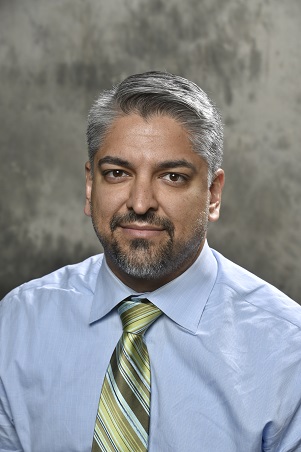While heart disease continues to be the leading cause of death in the United States, claiming more than 700,000 lives in 2022, there’s an underestimated factor in heart health that often gets overlooked for the more elements of common diet and exercise: social connection.
The Role of Social Connection in Cardiovascular Health
Why are social connections so crucial for our hearts? Loneliness and social isolation have been linked to inflammation, elevated stress hormones, and increased blood pressure, all of which are risk factors for heart disease. Furthermore, isolation often leads to unhealthy behaviors, such as poor diet, physical inactivity, and increased use of tobacco or alcohol, which further elevate the risk for heart disease.
Saddad Toor, MD, a cardiologist at St. Joseph’s Health, emphasizes the link between social connections and cardiovascular health: “Our cardiovascular system is deeply influenced by our emotional and social well-being. A strong support network not only helps reduce stress levels but also encourages healthier lifestyle choices, ultimately benefiting heart health.”
Recent research published in the Journal of the American College of Cardiology (JACC): Heart Failure highlights the significant impact of social connections on cardiovascular health, emphasizing that loneliness may be a more crucial factor than social isolation alone. The study found that both social isolation and loneliness are associated with a higher risk of heart failure, but loneliness — defined as the distressing feeling of not having enough social interaction — was identified as a stronger risk factor.
While social isolation, or having infrequent social connections, increases the risk of heart failure, loneliness exacerbates this risk even in individuals who are not socially isolated. This underscores the importance of addressing feelings of loneliness, as they can significantly impact heart health across different age groups and demographics.
Social Support Reduces Stress and Enhances Resilience
Beyond its physiological benefits, social connection plays a vital role in stress management, a major factor in heart disease. Spending time with loved ones, engaging in meaningful conversations, sharing laughter, and participating in community activities can help mitigate stress’s impact on the heart.
Social support also enhances resilience, allowing individuals to better navigate life’s challenges while fostering a sense of belonging and purpose—key components of overall well-being.
Strategies to Protect Your Heart
Dr. Toor offers the following strategies to prioritize social connection and boost your heart health:
- Nurture Relationships: Build and maintain meaningful connections with family, friends, and community members. Make time for regular social activities and prioritize quality time with loved ones.
- Stay Connected: Leverage technology to keep in touch with distant friends and family through video calls, social media, or messaging apps.
- Join Groups or Clubs: Participate in local clubs, classes, or volunteer organizations that align with your interests. These activities can introduce you to new people and offer fulfilling experiences.
- Practice Active Listening: Engage in empathetic listening and offer support to deepen relationships and foster connection.
By valuing and cultivating our social connections, we can strengthen our hearts and enhance our overall quality of life. For more information on how our expert cardiologists can support your well-being, visit St. Joseph’s Health. Together, let’s make every day a step towards a healthier heart!
***
If you need an expert cardiologist, St. Joseph’s Health has got you covered. Find a doctor.







